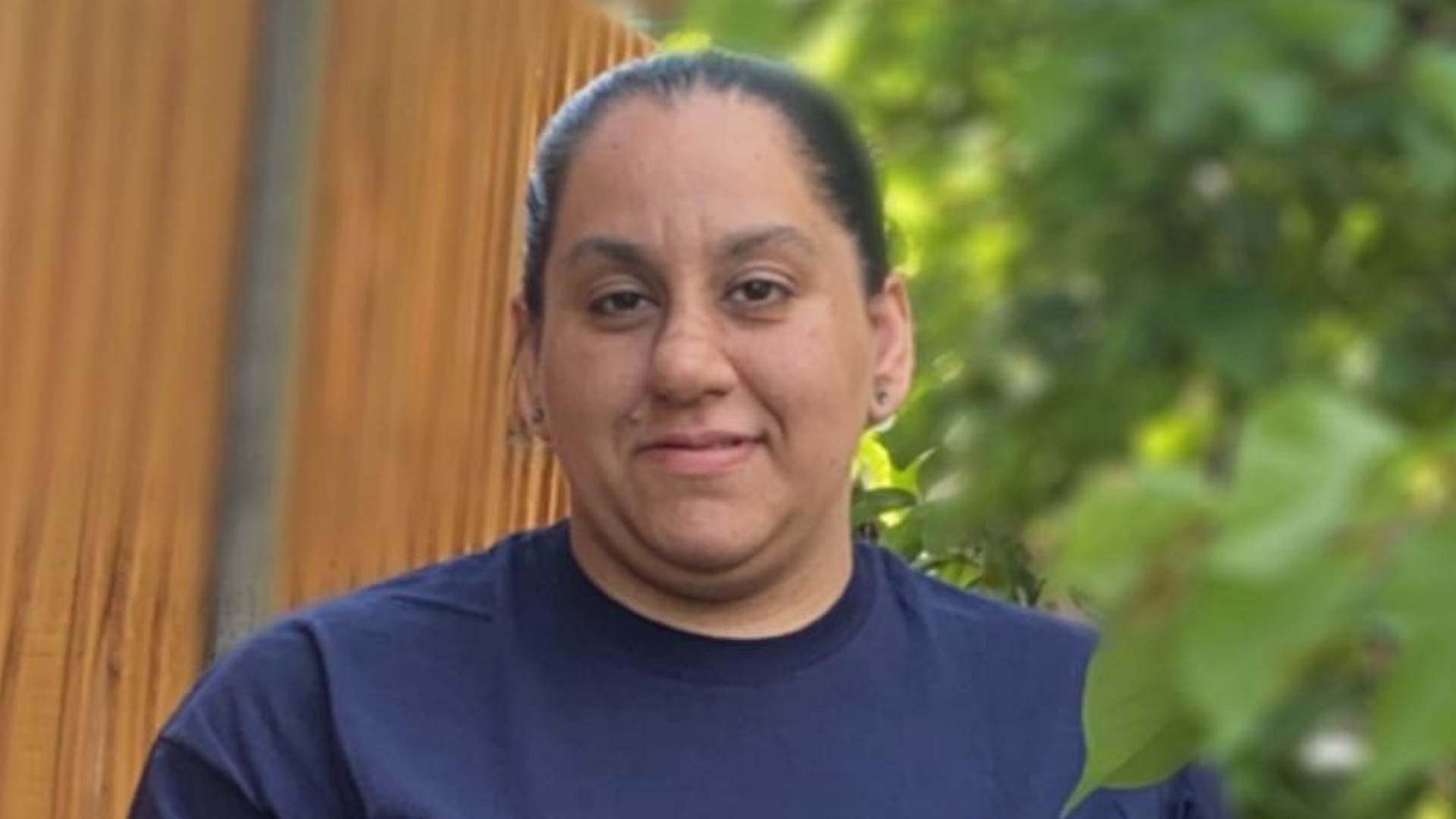“When I told my friends and family they were shocked at first,” she says. “It was really scary because I didn’t know what to expect. I challenged myself and I absolutely love my job now. I don’t regret my decision at all.
“A rewarding part is making my clients smile every time I see them,” Sumia says. “Knowing I am making a difference in my clients’ lives by maintaining their independence is an extremely rewarding experience. Each day I feel very satisfied I have done my best to help.
“Over this period the clients can only see us carers. It felt very different for them not to see their families on special occasions.”
Although she didn’t have any prior personal experience of knowing somebody living with dementia, since shifting careers her grandfather has received a diagnosis.
“I have been able to help my grandad with things like shopping, as he didn’t go out last year,” Sumia says.
“As I am in his support bubble I celebrated my birthday with him, which was great. He was so happy to see everyone to the point he thought he was Tom Jones! I had never seen him like this.”
It’s important to take note of the lessons dementia can teach and make sure that the debate stirred by the pandemic leads to positive changes, Sumia believes.
“The message about dementia is ‘we remember their love when they can no longer remember’,” she says. “This is very inspirational. It reminds me about my grandad and how Alzheimer’s has affected him. Having Alzheimer’s shouldn’t be seen as a bad thing, from my perspective, it’s just an illness that doesn’t go away.
“I feel not many people thought about carers before the pandemic, but afterwards they do,” she says. “Carers feel more recognised now, which is a good thing, but it shouldn’t take a pandemic to make people realise that.”
Sumia changed career so she could feel like she was making a difference to the lives of others – and she encourages more people to consider doing the same.
“I would definitely recommend people to consider working as a professional carer. It is the best feeling to know you have helped people.
“We get confronted with the harsh realities of people who have a disability or an illness and we often take our life for granted. Professional care work allows you to appreciate the little things more in life.”
For more information this Dementia Action Week visit the Alzheimer’s Society website: alzheimers.org.uk/get-support. You can also access these Alzheimer’s Society documents: Carers: Looking after yourself factsheet, Communicating factsheet and the Carers Guide on their website.
To sign the petition to #CureTheCareSystem and support Dementia Action Week (17-23 May 2021) visit alzheimers.org.uk/DAW. And for information, advice and support call Alzheimer’s Society Dementia Connect support line (0333 150 345) or visit our website.









